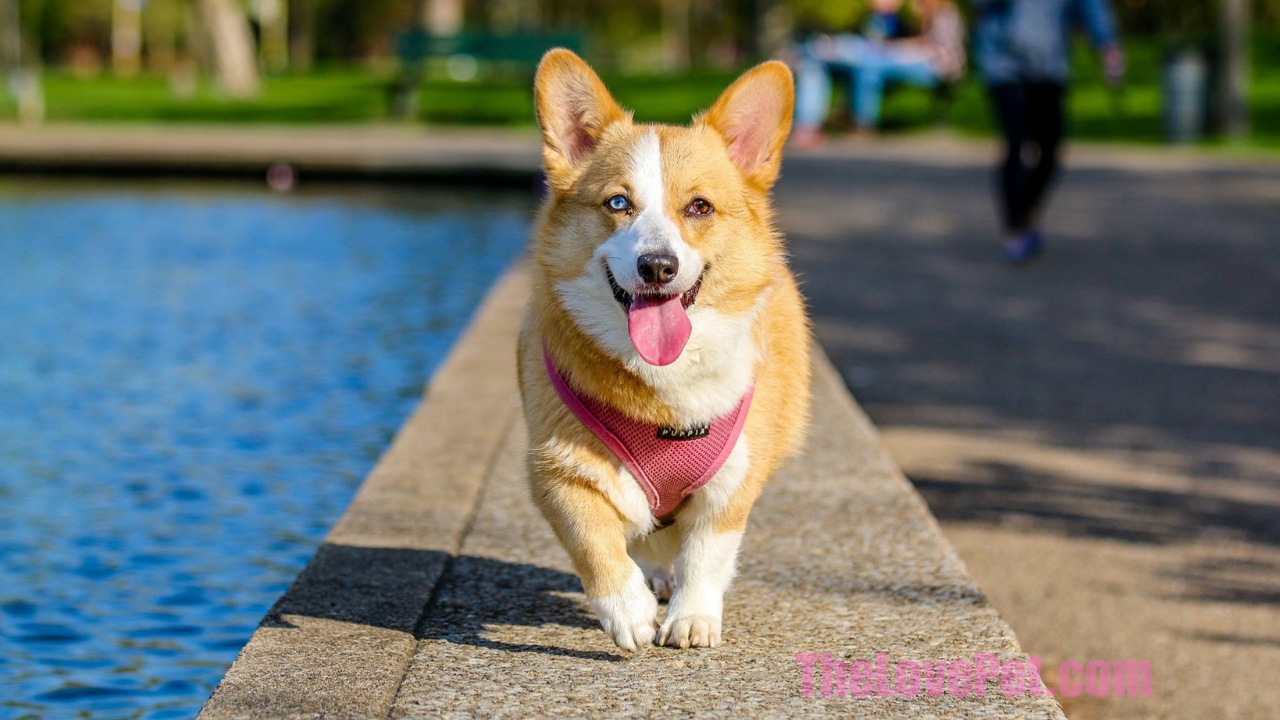Legality of Owning Owls
In most places, it is illegal to own an owl as a pet without special permits and licenses. Owls are protected under the Migratory Bird Treaty Act, which makes it illegal to possess any native owl species without authorization from the U.S. Fish & Wildlife Service.
Owl Species Kept as Pets
Certain owl species like Eurasian eagle owls, great horned owls, and barn owls can legally be kept as pets in some areas with the proper permits. However, native species like Eastern screech owls are almost never allowed to be kept as pets.
Challenges of Owning Pet Owls
Owls require very specific diets, housing, temperatures, and care that makes them challenging pets. They are awake at night and very loud. Owls have sharp talons and beaks that can be dangerous. Pet owls often exhibit problematic behaviors like screeching, biting, and flying away when they become stressed or bored.
Better Bird Alternatives for Pets
For most people, owls do not make good pets. If you want a pet bird, parrots, finches, doves, and chickens can be easier to own and care for. Make sure any pet bird is captive-bred and that you can meet all of its complex needs before deciding to bring one home.
In Conclusion
Owls are beautiful, fascinating birds that are illegal and impractical for most people to own as pets. Appreciating them in the wild or at raptor rehabilitation centers is recommended over trying to keep them captive in your home.
Additional Details on Owning Owls as Pets
Even in places where owning certain owl species is legal with permits, the application process can be extensive. Permits often require veterinary references, proof of proper caging, and demonstrated knowledge of owl care. Annual permits may need to be renewed and owls may not be allowed to be bred without additional licensing.
Proper Owl Habitat
Owls need very large enclosures, often entire rooms or sheds devoted to them. The space must allow for flying and mimic key elements of their natural habitat like perches and nesting areas. Outdoor aviaries are preferred but may still stress captive owls.
Owl Interaction Risks
Even well-socialized owls can be unpredictable and dangerous, especially during breeding season. Their powerful talons and sharp beaks can cause serious injury. Owls do not tend to be affectionate or interactive pets and may become aggressive when stressed.
Wild Owls and Conservation
Enjoying owls safely and respectfully in the wild through birdwatching, rehabilitation support, and habitat conservation is recommended over trying to tame them as pets. This protects owl populations and public safety.
#FAQ #Update #AdditionalContent
The Challenges of Owning Owls as Pets: A Reality Check
1. Is it legal to have a pet owl in the United States?
– Owning a pet owl is not legal in most countries, including the United States. You can only keep an owl if you are trained and licensed for breeding or educational purposes, but even then, it’s not considered your pet.
2. What are the challenges of owning a pet owl?
– Owning an owl is extremely challenging due to their wild nature and specific needs. They require special equipment and skills to handle, have large space requirements, and are noisy and destructive. They also prefer fresh raw meat over commercial feeds.
3. How do owls behave as pets?
– Owls are not fond of being petted or cuddled, and attempting to do so can result in them reacting aggressively using their beak or talons. They are also messy animals, and cleaning their enclosure can be a significant task.
4. What are the safety concerns associated with pet owls?
– Owls can easily harm animals, children, and adults if not handled correctly. Safety guidelines and proper training are essential for those considering keeping an owl as a pet.
5. How can someone become an owl handler?
– To become an owl handler, you must seek official training and obtain the necessary licenses, which vary by state. It’s advisable to contact local wildlife rehabilitation centers or falconers for information and support in this process.
**Answers to the 5 Questions:**
1. Owning a pet owl is not legal in most countries, including the United States. You can only keep an owl if you are trained and licensed for breeding or educational purposes, but even then, it’s not considered your pet.
2. Owning an owl is extremely challenging due to their wild nature and specific needs. They require special equipment and skills to handle, have large space requirements, and are noisy and destructive. They also prefer fresh raw meat over commercial feeds. Cleaning their enclosure is a significant daily task.
3. Owls are not fond of being petted or cuddled, and attempting to do so can result in them reacting aggressively using their beak or talons. They are also messy animals, and cleaning their enclosure can be a significant task.
4. Owls can easily harm animals, children, and adults if not handled correctly. Safety guidelines and proper training are essential for those considering keeping an owl as a pet.
5. To become an owl handler, you must seek official training and obtain the necessary licenses, which vary by state. It’s advisable to contact local wildlife rehabilitation centers or falconers for information and support in this process.
You can find the full post here
#FAQ #Update #AdditionalContent
Owning an Owl as a Pet: What You Need to Know
1. Is it legal to have an owl as a pet in the United States?
– The legality of owning an owl as a pet varies by state, and it’s crucial to check your state’s laws regarding exotic animals.
2. What factors should be considered before getting an owl as a pet?
– Before considering an owl as a pet, factors such as your living situation, knowledge of owl care, and willingness to provide a suitable environment for the owl must be evaluated.
3. Why might it not be a good idea to get an owl as a pet?
– Owls can be challenging pets due to their natural behavior, specific needs, and legal requirements. Owning an owl can disrupt travel plans and pose risks to smaller animals and belongings.
4. What challenges are associated with feeding owls?
– Owls have specific dietary requirements, primarily consisting of live prey, which can be difficult to obtain and handle. Leftover food must also be managed to prevent spoilage.
5. What are the nocturnal behaviors of owls, and how might they affect potential owl owners?
– Owls are nocturnal animals, which means they are active at night and can produce hooting sounds. This behavior can disrupt sleep and potentially bother neighbors, especially during mating seasons.
**Answers to the 5 Questions:**
1. The legality of owning an owl as a pet varies by state in the United States. State laws regarding exotic animals should be checked to determine if it is allowed in your area. Even if allowed, ownership is supervised by the US Fish and Wildlife Service.
2. Before considering an owl as a pet, it’s essential to evaluate factors such as your living situation and your willingness to provide the necessary care and environment for the owl to thrive.
3. Owls can be challenging pets due to their natural behavior, specific needs, and legal requirements. They can disrupt travel plans, pose risks to smaller animals and belongings, and require specialized veterinarians for care.
4. Owls have specific dietary requirements, primarily consisting of live prey, which can be difficult to obtain and handle. Leftover food must also be managed to prevent spoilage.
5. Owls are nocturnal animals, which means they are active at night and can produce hooting sounds. This behavior can disrupt sleep and potentially bother neighbors, especially during mating seasons.
You can find the full post here









